Cycling Australia announces Tour de France team of the century
Find out who made the Australian dream team
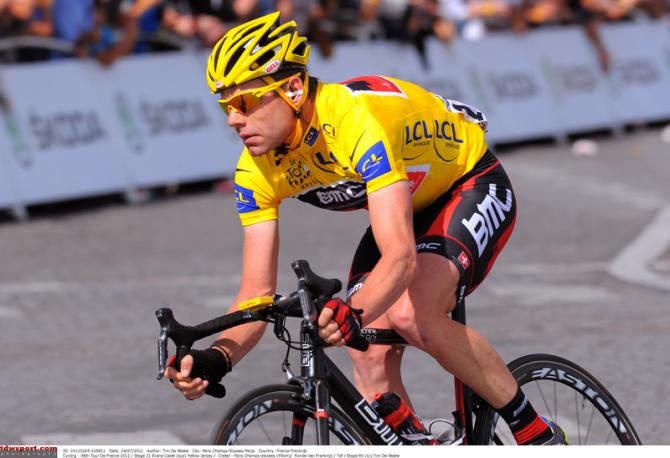
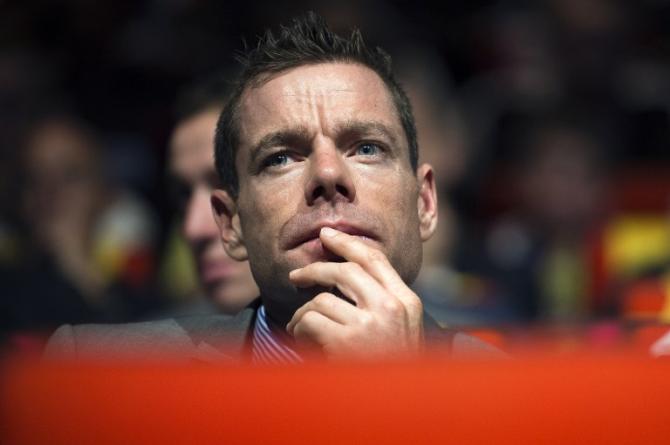
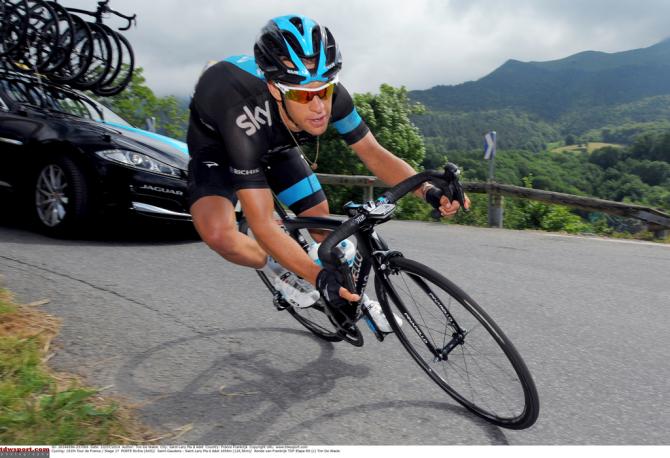
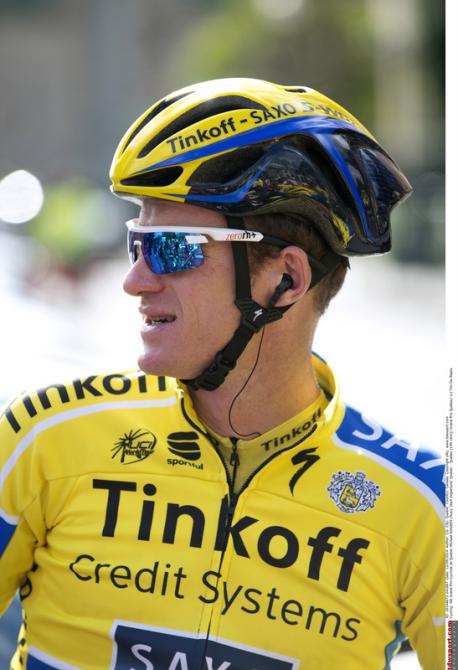
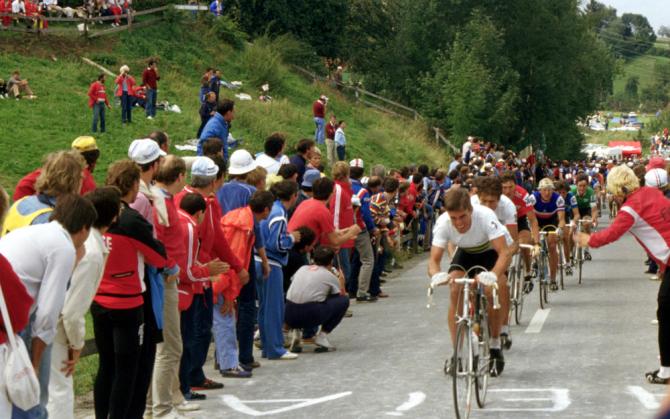
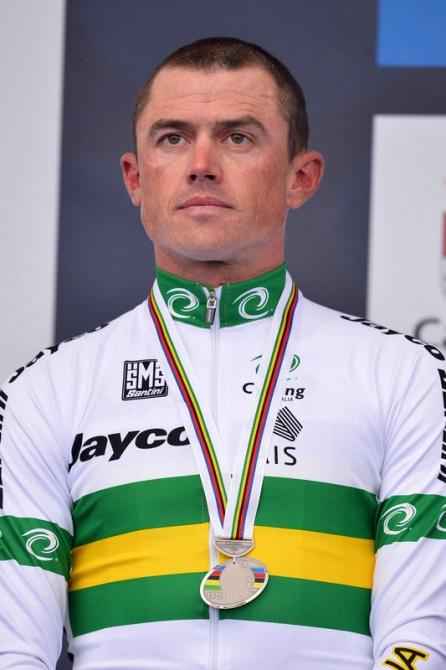
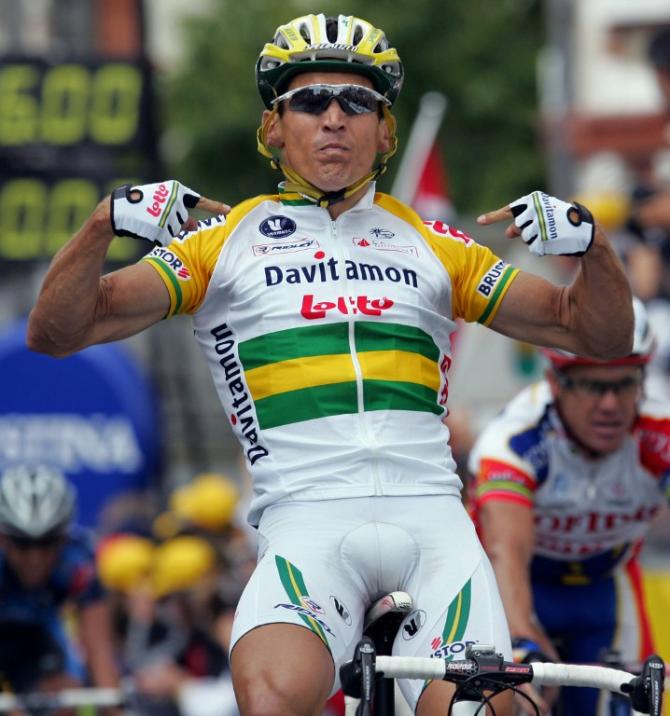
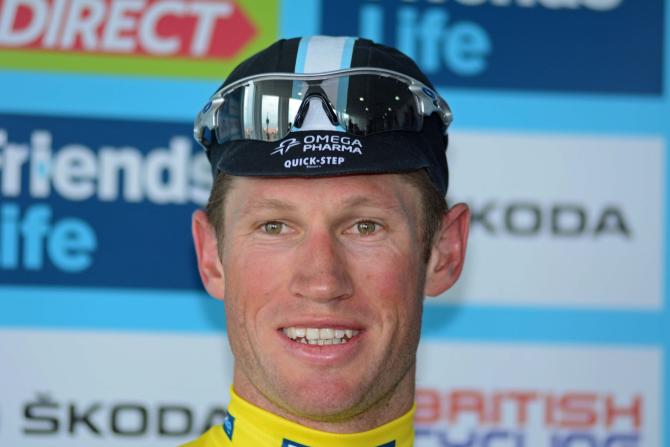
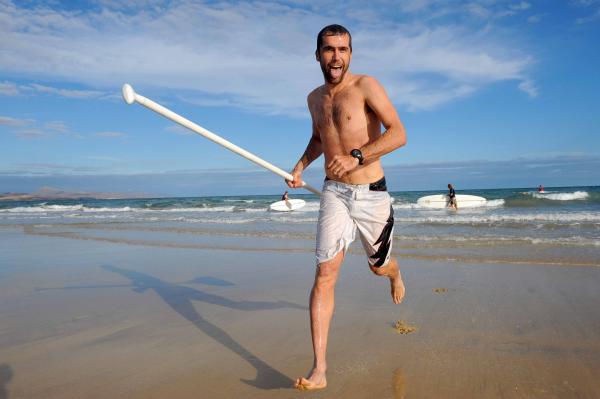
Cycling Australia has announced its Tour de France team of the century at the Jayco Cyclist of the Year Awards held in Melbourne.
The team, comprising of nine riders, was selected by a panel of judges that included Orica GreenEdge’s general manager Shayne Bannan, and cycling journalist and Cyclingnews correspondent Rupert Guinness.
Cadel Evans (BMC Racing) was naturally the first name on the team sheet. Evans, who will retire during next season, is the only Australian to have won the Tour de France, having taking the crown in 2011.
The judges were asked to select two riders for the general classification and Phil Anderson was picked for the second role. Anderson became the first non-European to wear the maillot jaune at the Tour de France back in 1981. He also finished in the ten on five occasions and rode into Paris in the white jersey in 1982.
As well as selecting two riders for the overall classification the judges were required to select two domestiques, a sprinter, and two lead-out men, and an all-rounder. Richie Porte (Team Sky) and Michael Rogers (Tinkoff Saxo) were picked as the team’s domestique riders on the basis of their proven track record in supporting Tour winners. Porte has been part of two Team Sky winning rides (2012 and 2013), while Rogers has morphed from time trial specialist, to GC rider, and into his current role as domestique deluxe for Alberto Contador at Tinkoff-Saxo.
McEwen named as team's sprinter
Robbie McEwen was selected as the squad’s team sprinter. He won his first Tour de France stage while at Rabobank in 1997 on the Champs Elysees, in Paris, and picked up a further eleven stages in his long career.
Get The Leadout Newsletter
The latest race content, interviews, features, reviews and expert buying guides, direct to your inbox!
Mark Renshaw and Brad McGee were selected as the two men to lead McEwen out in the sprints. Renshaw is regarded as one of the best lead-out men of his generation and has been a close ally of Mark Cavendish throughout the majority of the British rider’s carreer. McGee has lead all three Grand Tours and was an out-spoken voice against doping during his career in Europe.
Simon Gerrans (Orica GreenEdge) was picked as the team’s all-rounder due to his ability over medium-mountain and intermediate stages, as well as his sprint prowess.
The final spot on the team went to Sir Hubert Opperman who lead the Australian team at the Tour de France in 1928 and 1931. He was selected as the team captain.
“It would be great to ride with these guys,” Anderson said in a press release from Cycling Australia. “When I’m watching the world championships or the Tour de France I can see the mistakes or great things they’re doing and as an ex-rider I feel like I’m there with them.”
One rule imposed on the selectors meant that no athletes or former athletes who had received a doping ban or made a doping confession. The judging panel also included Peter Bartels AO (1962 Commonwealth Games gold medallist); Anna Wilson (two time UCI World Cup winner); John Trevorrow (three time Herald Sun Tour winner), and Matt Keenan (Tour de France commentator).
Admiring the Australian pioneers
The team was selected as a way of celebrating the 100th anniversary of Don Kirkham and Iddo ‘Snowy’ Munro, becoming the first Australians to ride the Tour de France.
Anderson said he is full of admiration for all the Australian Tour riders.
“Fifty Australians have ridden the Tour and I have great respect for all those guys,” Anderson said. “It would be hard to imagine what Opperman and (Russell) Mockridge did. And I couldn’t imagine what it was like for Snowy Munro and Don Kirkham (the first Australians to ride the Tour in 1914). How did they even know about the Tour?"
“There’s been a long line of pioneers for different reasons. When I packed my suitcase for the first time, to go to Europe, I read Mockridge’s book, My World on Wheels. I read it from cover-to-cover and it was a great insight into the sport and racing in Europe.”